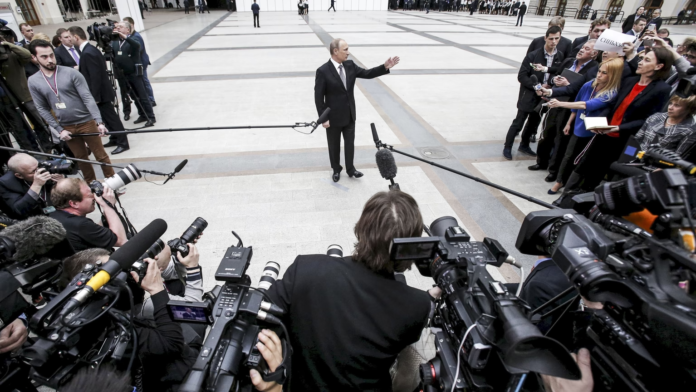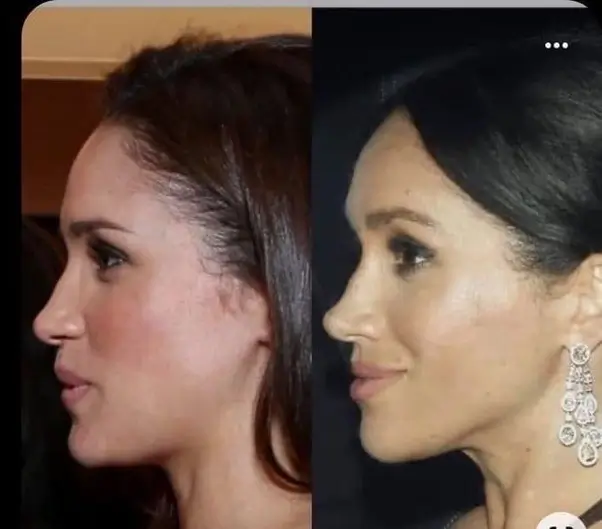The Russian president’s press
secretary, Dmitry Peskov, didn’t use that expression when we talked by phone,
but that’s what he described to me: a man at the center of an ever-churning
machine processing vast amounts of news and data at his command.
“Sometimes we’re wondering
what is the limit for a human being for absorbing this huge amount of
information,” Peskov told me, “but, well, it’s really a very, very, very heavy
job.”
Peskov, speaking fluent
English, described the operation. “First of all, the information and press
department of the presidential administration prepares digests on print media,
on Internet sources, on domestic media—federal and regional.
“We have special people
working around the clock, preparing TV digests. We’re recording TV news on the
[Russian] federal channels for him during the day. Obviously, it’s very hard
for him to watch news so we make digests, let’s say, zip versions of TV news,
divided into issues.”
Putin views these summaries in
his car, plane, and helicopter, Peskov said.
“It’s quite convenient when
he’s going home, let’s say, from [the] Kremlin, when he is not spending a night
here … he can use this 20 minutes for really understanding what happened during
the day in terms of information.” He watches TV news channels in English and
German—a language he speaks fluently thanks to his posting in Dresden as a KGB
agent in the late 1980s—and receives English- and German-language newspapers.
“Frankly speaking, I wouldn’t
say that [Putin] is a fluent user of [the] Internet,” Peskov added, “but he is
fluent enough to use some resources, plus, definitely, he is comparing what he
sees and hears from [the] press … with the news he’s receiving—when it comes to
foreign affairs—from his foreign ministry, from his special services, from
intelligence, from various ministries, and so on.”
As a former KGB officer and
head of the KGB’s successor agency, the FSB, Putin knows the value of
information. His concept of the media, however, is a far cry from the First
Amendment. For him, it’s a simple transactional equation: Whoever owns the
media controls what it says.
“There should be patriotically
minded people at the head of state information resources,” Putin told reporters
at his 2013 annual news conference, “people who uphold the interests of the
Russian Federation. These are state resources. That is the way it is going to
be.”
From his first days as
president, Putin moved quickly to dominate the media landscape in Russia,
putting not only state media but privately owned broadcast media under the
Kremlin’s influence.
“The limitations on the media
have existed for the 15 years that Vladimir Vladimirovich has been in power,”
Alexey Venediktov, editor in chief of Echo of Moscow, Russia’s only remaining
independent radio station, told me during a December visit to the Russian
capital. The war in Ukraine, he added, has solidified Putin’s view of the
media: “It’s not an institution of civil society, it’s propaganda. [The Russian
broadcasters] First Channel, Second Channel, NTV, Russia Today
internationally—these are all instruments for reaching a goal inside the
country, and abroad.”







